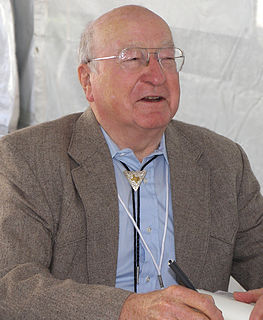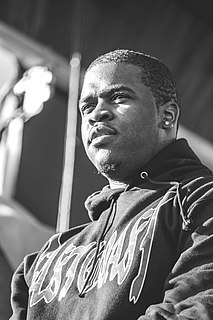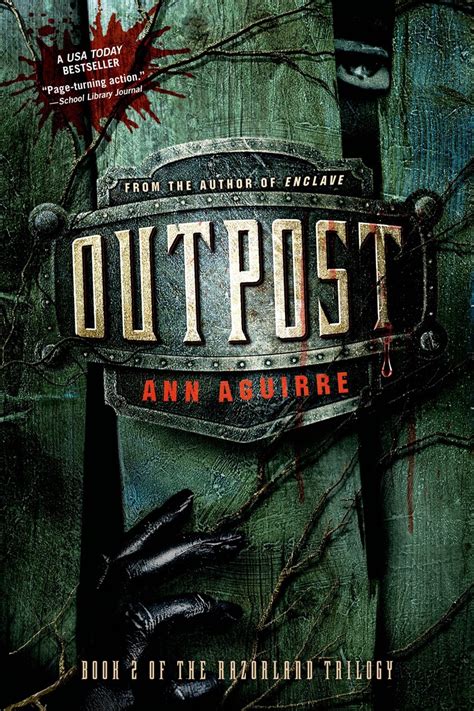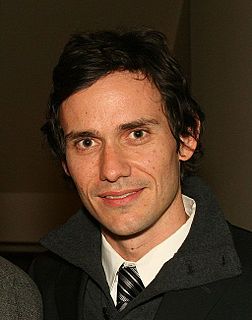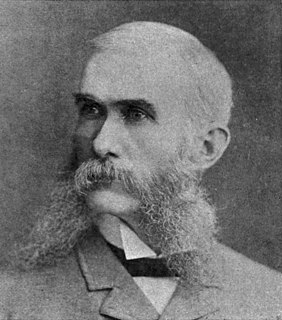A Quote by Alicia Ostriker
The work of Jana Harris is unique in American writing. She has always had a voice of true grit—sometimes harsh, sometimes funny, always close to the bone, tart, and indomitable.
Related Quotes
Like a lot of us, sometimes I'm preaching to the choir, and sometimes my voice doesn't even get heard at all. Sometimes I think that what I'm writing now might not even have an impact for the next three or four generations. Sometimes I sit there and write, and I think, "It'll be two hundred years before they get what I'm writing about."
I was educated by nuns. None of them, of course, did anything resembling the actions of Lydia from The Handmaid's Tale, but they taught me a work ethic, that I had to toe the line, that I had to step up and do my work, and that we would stay until it was done, and that came from a devotion to making you the best person you can be. That's the take I have on Lydia. She knows her actions are firm and sometimes very harsh, but she also looks after them.
Hard-earned achievement brings a sense of self-worth. Work builds and refines character, creates beauty, and is the instrument of our service to one another and to God. A consecrated life is filled with work, sometimes repetitive, sometimes menial, sometimes unappreciated but always work that improves, orders, sustains, lifts, ministers, aspires.

